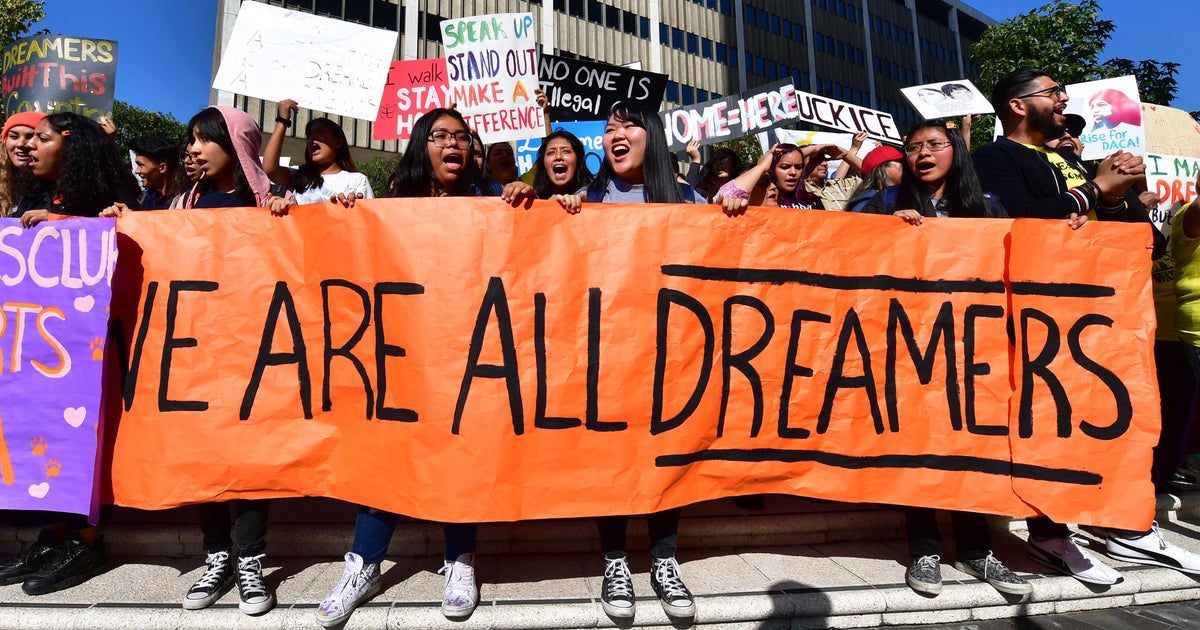FDIC recommends hiking $250,000 insured deposit limit for businesses
The risk of bank runs could be lowered if lawmakers accept a new proposal from the Federal Deposit Insurance Corp. to boost deposit-insurance protection for businesses above the current $250,000 threshold, according to a new FDIC report.
The report comes after three recent bank failures that were spurred by classic bank runs, with skittish depositors withdrawing their money amid concerns that instability at the banks would leave those with more than $250,000 in deposits with big losses.
- What happens to First Republic Bank's stock and deposits now?
- Troubled First Republic Bank seized and sold to JPMorgan Chase
The FDIC recommended the change Monday, rethinking the decades-old limit and seeking more flexibility to cover higher deposits on a "targeted" basis. Raising the insurance limit for business accounts that pay for company operations such as payroll would shore up accounts that pose the most risk to financial stability, the FDIC said.
About 94% of domestic deposits were uninsured at Silicon Valley Bank, while 90% of Signature Bank's deposits were uninsured, according to a report by S&P Global Market Intelligence. Both banks failed in March. At First Republic Bank, which was seized by regulators on Monday, about 67% of deposits were uninsured.
By comparison, the proportion of uninsured deposits held by large U.S. banks is about 47%, according to S&P Global.
Calming depositors
The proposed change appears to openly acknowledge that the FDIC is looking for ways to calm both depositors and markets as the agency contends with the third bank run this year. First Republic Bank became the second largest failure in history Monday when regulators seized it and JPMorgan Chase stepped up as a buyer.
"The recent failures of Silicon Valley Bank and Signature Bank, and the decision to approve Systemic Risk Exceptions to protect the uninsured depositors at those institutions, raised fundamental questions about the role of deposit insurance in the United States banking system," FDIC Chairman Martin J. Gruenberg said in a statement accompanying the regulator's recommendations.
The FDIC is a government agency formed during the Great Depression to restore faith in U.S. banking institutions.
As of December, more than 99% of U.S. deposit accounts held less than $250,000, and so were automatically covered by existing FDIC insurance, Gruenberg said.
However, the system remains subject to the sort of bank runs that brought down First Republic, despite a consortium of big lenders having pooled $30 billion in cash to stabilize the bank as recently as March.
Last Monday, First Republic reported its first-quarter results, shocking investors when it revealed that depositors had withdrawn $100 billion, most in mid-March immediately after Silicon Valley Bank and Signature Bank failed. First Republic's stock plunged more than 50% the day after the report.
U.S. Rep. Patrick McHenry, who leads the House Financial Services Committee, issued a statement Monday noting that the FDIC "used its available tools to resolve First Republic Bank" but the congressman didn't immediately address the agency's recommendations for change.
In seeking additional powers to insure business accounts, the FDIC said technological advances both hasten the speed of information and let depositors quickly take their money elsewhere at the first sign of trouble. Both factors can spur "faster, and more costly, bank runs," the agency said.
Boost for smaller banks
But insuring more deposits doesn't come without a downside. Deposit insurance can encourage banks to take on greater risk if they know their deposits are covered. Targeted coverage to protect businesses would be the most cost effective way for regulators to meet their stability objectives, Gruenberg said.
Jaret Seiberg, an analyst with TD Cowen, said in a report to investors that raising the deposit insurance cap for businesses would benefit smaller lenders.
"Unlimited coverage on payroll accounts, in our view, would be broadly positive for smaller regional and larger community banks as they would be better able to compete with the mega banks for these deposits," he said.
But the FDIC would need to significantly increase its Deposit Insurance Fund, which is financed through fees on banks. As a result, many lenders would likely oppose expanding the fund, Seiberg said.



